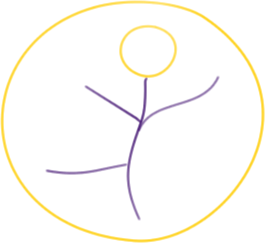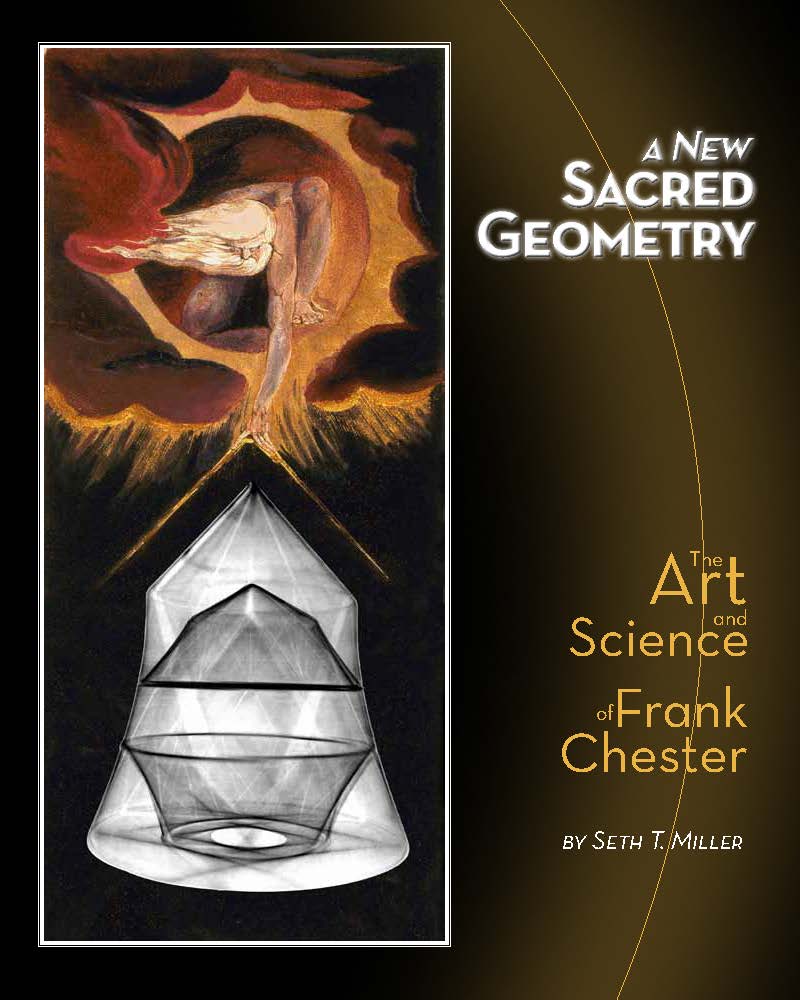Jun
24
2012
Gregory Bateson (1991) famously said that we “cannot claim to have no epistemology. Those who so claim have nothing but a bad epistemology” (p. 178). Bateson is calling for self-reflection in our epistemology. He wants it to be recursive, so that in our production of knowledge we do not delude ourselves into thinking that...
Oct
23
2009
Ok I've been thinking about feedback.
One thing that struck me as interesting was that feedback, as a concept, seems to assume two things (and probably more): 1) step-wise time (and thus some kind of "state" in which a system can be identified, and thus 2) some kind of 'levels' within and between systems, in...
Mar
26
2009
Goethean phenomenology acts as a transformative bridge between the researcher and a topic of inquiry. The method is unique not in that it attempts to work through the subject/object split, but rather in the WAY it attempts to do this.
Doing Goethean phenomenological research requires that one be completely open to what presents itself, while...




